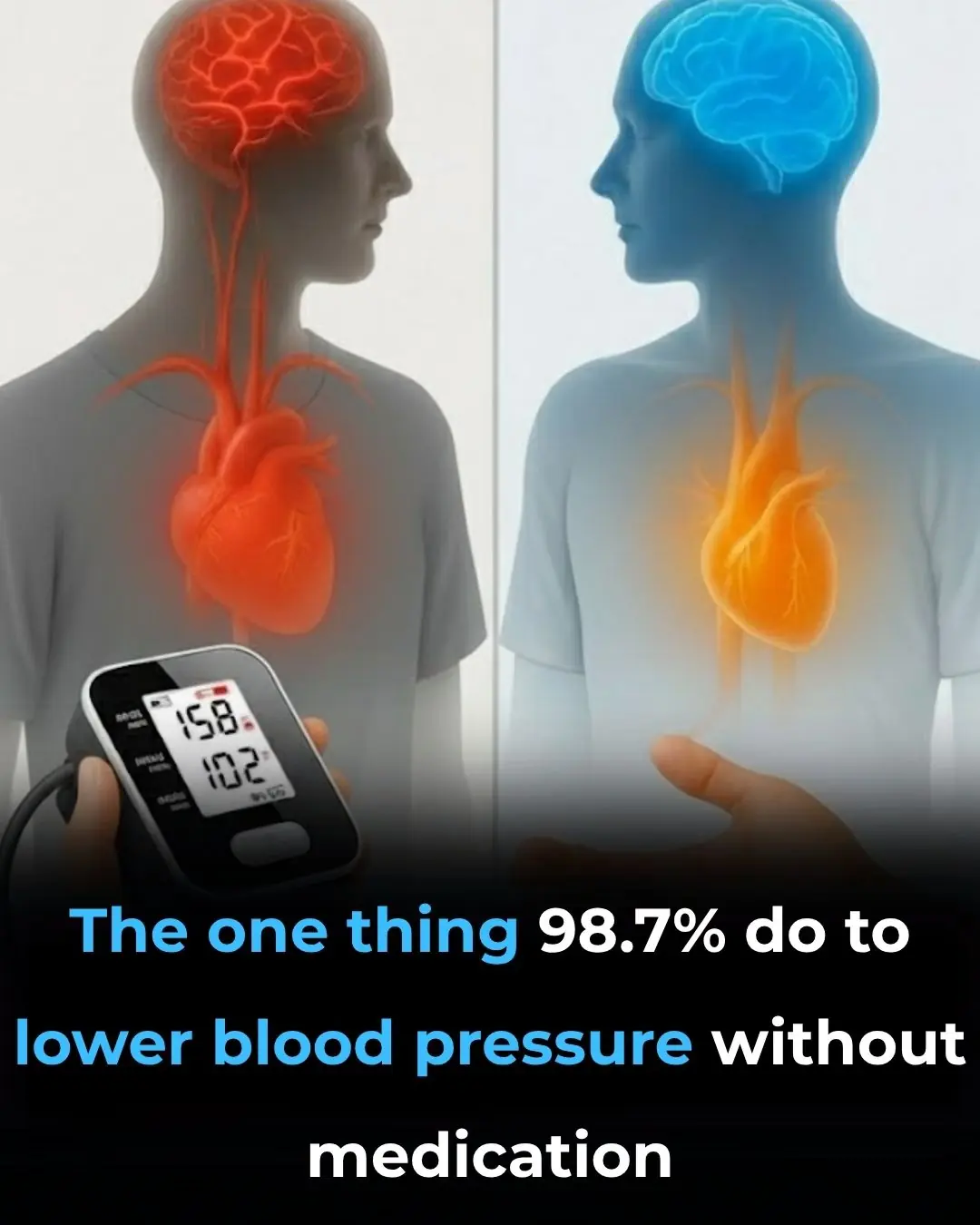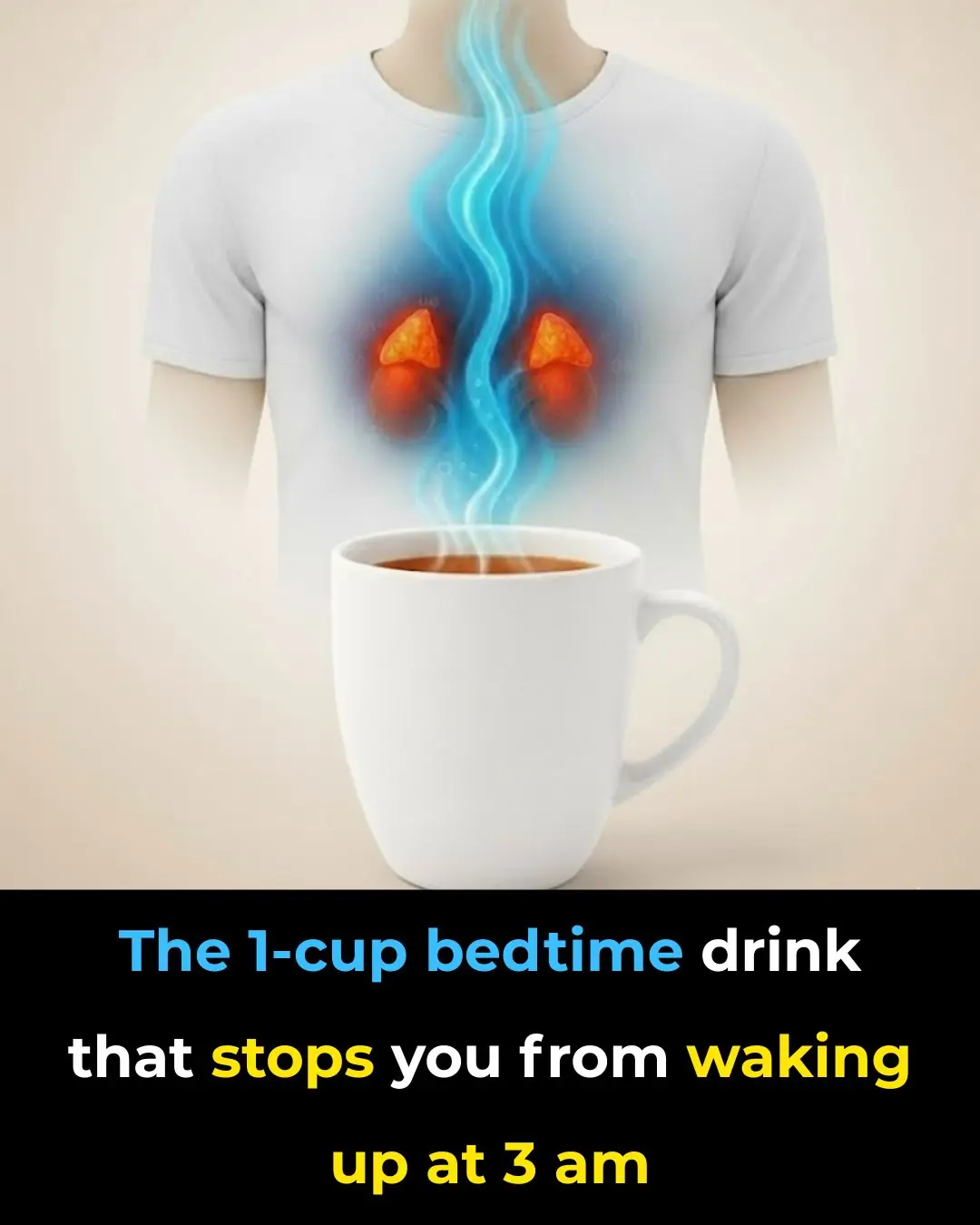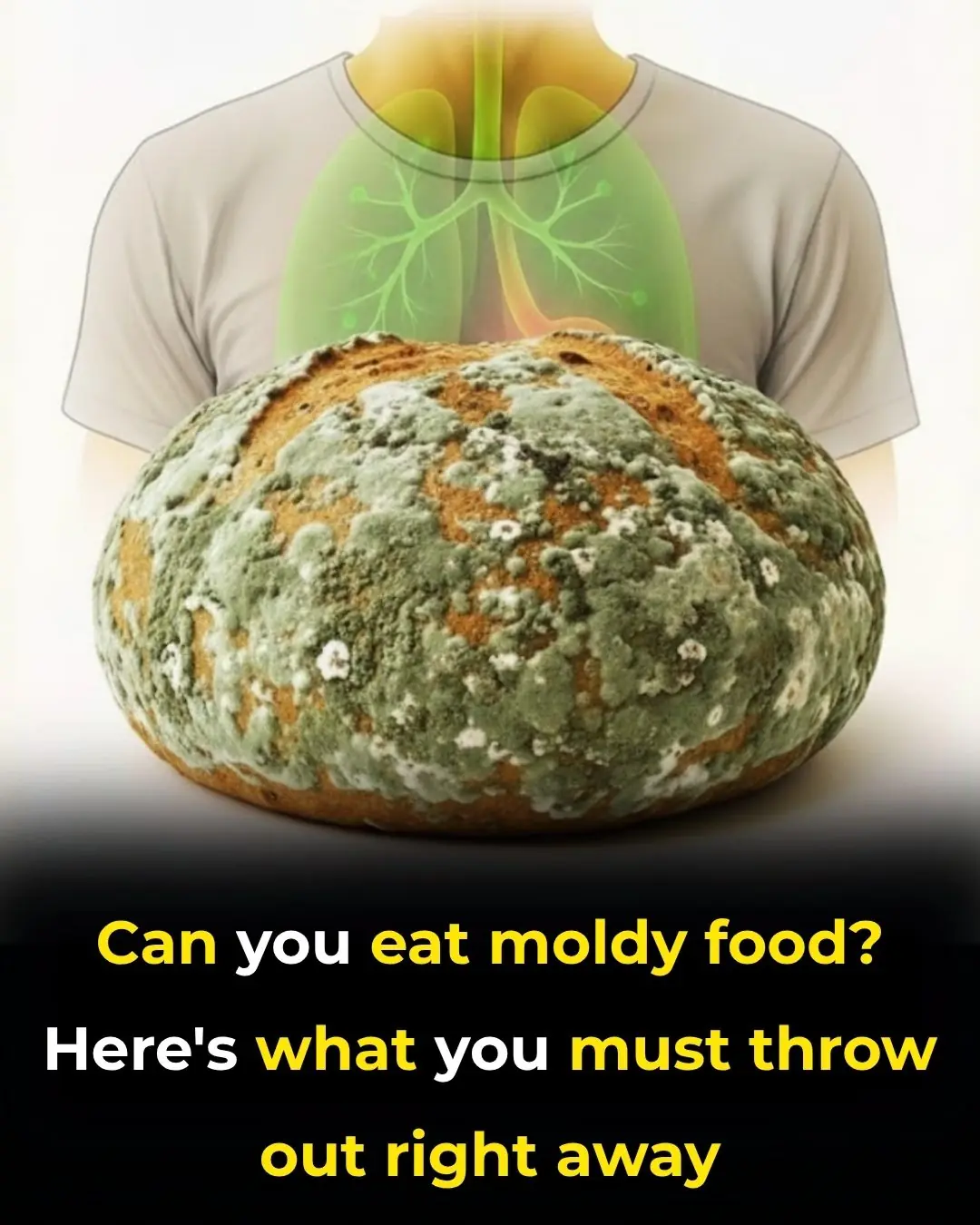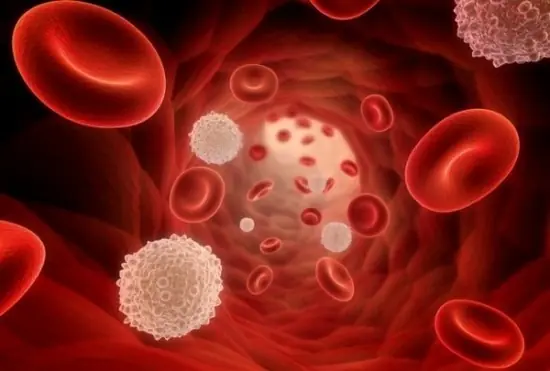
See What Happens When You Drink Coffee On An Empty Stomach
Coffee is one of life’s simple pleasures. For millions of people, it’s the warm, aromatic signal that the day has begun. And yes — when made with good-quality beans, coffee does offer a range of impressive health benefits: improved focus, enhanced metabolism, and even antioxidant protection for your cells.
But here’s something most people don’t realize: drinking coffee immediately after waking up might not be the healthiest habit. In fact, research suggests that waiting at least 90 minutes after you wake up can help your body function more smoothly and prevent some surprising side effects.
Let’s take a closer look at what happens when you drink coffee on an empty stomach — and what you can do instead to start your mornings the right way.
1. Low Levels of Serotonin
Very few people know that coffee is actually a powerful appetite suppressant. When you drink it first thing in the morning, it can trick your body into feeling full — meaning you might skip breakfast altogether without realizing it.
At first, this might seem convenient, especially if you’re rushing out the door. But in the long run, skipping your first meal can interfere with one of your brain’s most important chemicals: serotonin, the “feel-good” neurotransmitter that helps regulate mood, calmness, and emotional balance.
Your body uses the nutrients from breakfast — especially protein and complex carbs — to create serotonin. When you don’t eat, that production drops. The result? You may find yourself feeling more anxious, irritable, or moody as the day goes on.
Even more importantly, serotonin doesn’t just influence mood — it’s also the raw material your body uses to produce melatonin, the hormone that governs your sleep-wake cycle. If your serotonin levels stay low, your body will struggle to make enough melatonin at night, which can lead to insomnia or restless sleep over time.
☀️ The solution: If you love your morning coffee (and who doesn’t?), make sure to pair it with or drink it after breakfast. A balanced meal — such as eggs, oatmeal, or a smoothie — provides the amino acids and nutrients your brain needs to keep serotonin and melatonin levels in harmony.
2. Bad Digestion
Here’s another hidden downside of early-morning coffee: drinking it on an empty stomach can wreak havoc on your digestive system.
Caffeine stimulates your adrenal glands to release cortisol and adrenaline, the body’s “fight or flight” stress hormones. These chemicals are great if you’re running from danger, but they aren’t so helpful when you’re just sitting at your desk or driving to work.
When your body is in this stressed state, several things happen:
-
Your heart rate and blood pressure rise.
-
Your liver releases extra blood sugar to fuel your muscles.
-
Your digestion slows down dramatically, since your body redirects energy to survival functions.
If this happens regularly, you might start to experience symptoms like bloating, stomach pain, or irregular bowel movements — all of which are common in people with irritable bowel syndrome (IBS). Over time, drinking coffee on an empty stomach can also irritate the stomach lining, making it more acidic and sensitive.
💡 In short: Your morning coffee might wake you up, but it could also be stressing out your digestive system before the day even begins.
Healthier Morning Alternatives
So, what should you do instead? It all comes down to hydration and gentle stimulation.
When you wake up, your body is naturally dehydrated after several hours without water. Before reaching for caffeine, start your morning by drinking a full glass of water to rehydrate your cells and kickstart digestion.
Two simple, natural options include:
-
🍋 Warm lemon water – helps balance your body’s pH, stimulates digestion, and gives a boost of vitamin C.
-
🍯 Apple cider vinegar with honey and water – supports gut health, encourages detoxification, and helps stabilize blood sugar levels.
These drinks gently awaken your system without overstimulating your stress hormones — setting you up for smoother energy throughout the day.
If You Can’t Give Up Coffee...
Let’s be honest: for some of us, the day simply doesn’t start until that first sip of coffee touches our lips. If you truly can’t imagine a morning without it, there’s still a way to make it gentler on your stomach and hormones.
🧈 Here’s the trick: Add a small amount of healthy fat — like coconut oil, grass-fed butter, or MCT oil — to your coffee. This creates a creamy “bulletproof” coffee that slows caffeine absorption, reduces acidity, and provides steady, sustained energy.
By combining coffee with fat, you also help stabilize blood sugar and avoid the mid-morning energy crash that often follows a cup of black coffee on an empty stomach.
The Bottom Line
Coffee, when consumed wisely, can absolutely be part of a healthy lifestyle. It sharpens focus, boosts metabolism, and even offers protective antioxidants. But timing and context matter.
Drinking coffee right after waking up — especially before eating — can disrupt serotonin production, stress your digestive system, and throw off your hormonal balance.
Instead, wait 60–90 minutes after waking, drink some water, have a nourishing breakfast, and then enjoy your cup of coffee. Not only will you feel more energetic and focused, but you’ll also support your long-term health, mood, and sleep quality.
So tomorrow morning, take a breath, sip some water, and remember: sometimes, the best way to enjoy your coffee is simply to wait a little while longer.
News in the same category


Eat this to activate 5x more stem cells and repair nerve damage faster — no $20k shot

🌿 Natural Ways to Fight Bad Breath & Tonsil Stones — Safely and Effectively

Canadian Researchers Discover New Evidence That Vitamin D Shuts Down Cancer Cells

Eat this to activate 5x more stem cells and repair nerve damage faster — no $20k shot

4 Amazing Benefits Of Cloves For Skin & Hair

Best Natural Home Remedies To Safely Remove Skin Tags

Natural Ways For Breast Enhancement

The Golden Morning Elixir That Melts Joint Pain Like Butter – One Cup Daily Unlocks Pain-Free Movement in Just Days!

The one thing 98.7% of people do to lower blood pressure without medication

Turmeric dosage: this is how much turmeric you actually need to eat for arthritis, cancer and other diseases

The 1-cup bedtime drink that stops you from waking up at 3 AM

Why Hot Dogs and Processed Meat Might Be the Most Dangerous Foods of All Time

Can you eat moldy food? Here’s what you MUST throw out.

Cancer hates these 6 fruits—eat them to fight back!

Better Than Medicine? The Shocking Truth About Dates & Blood Sugar!

4 Reasons Why Cardiac Arrests Happen in The Bathroom

4 Unusual Eye Symptoms That May Signal Cancer — Often Overlooked by Many

5 Things You Should Never Do in the Morning If You Want to Stay Healthy and Prevent Cancer
News Post

You’re Doing It All Wrong: Here’s the Right Time to Pick Tomatoes

7 Health Problems That Can Arise If You’re Lazy About Drinking Water

10 Foods Cancer Cells “Love” – and Why Eating Them Daily Could Be Risky

Is Eating Spicy Food Every Day Good for You? Surprising Effects of Chili on the Heart, Blood Pressure, and Longevity

If You’re a Gardener, Here’s Why You Should Collect as Many Pine Cones as You Can

You’re Doing It All Wrong. Here’s the Right Time to Actually Pick Tomatoes

“Got Tomatoes That Flower But No Fruit? Here’s Why & How to Fix It”

Didn’t Realize You Could Do This

‘He was a Snake’: Hugh Jackman’s Ex-Wife Plotting to Expose Everything Following the Actor’s Flirty Red Carpet Debut with Sutton Foster

6 Ways Dr. Martin Luther King Jr. Changed America

Howard Alumni Phylicia Rashad and Taraji P. Henson Surprise Student With a $25K Scholarship

Great-Grandmother Receives College Degree At 78-Years-Old

Turn Papaya Leaves Into a Powerful Homemade Detergent

5 New Things To Teach Your Child About Bessie Coleman

This Family of Four Is Providing Black Families With Top-Rated Luxury Bookings

Say Goodbye to Swollen Legs

Doctors warn: 4 everyday habits quietly driving heart failure deaths higher — and what to do about it

Celebrating Angela Davis: 5 Things You May Not Have Learned About the Iconic Activist
